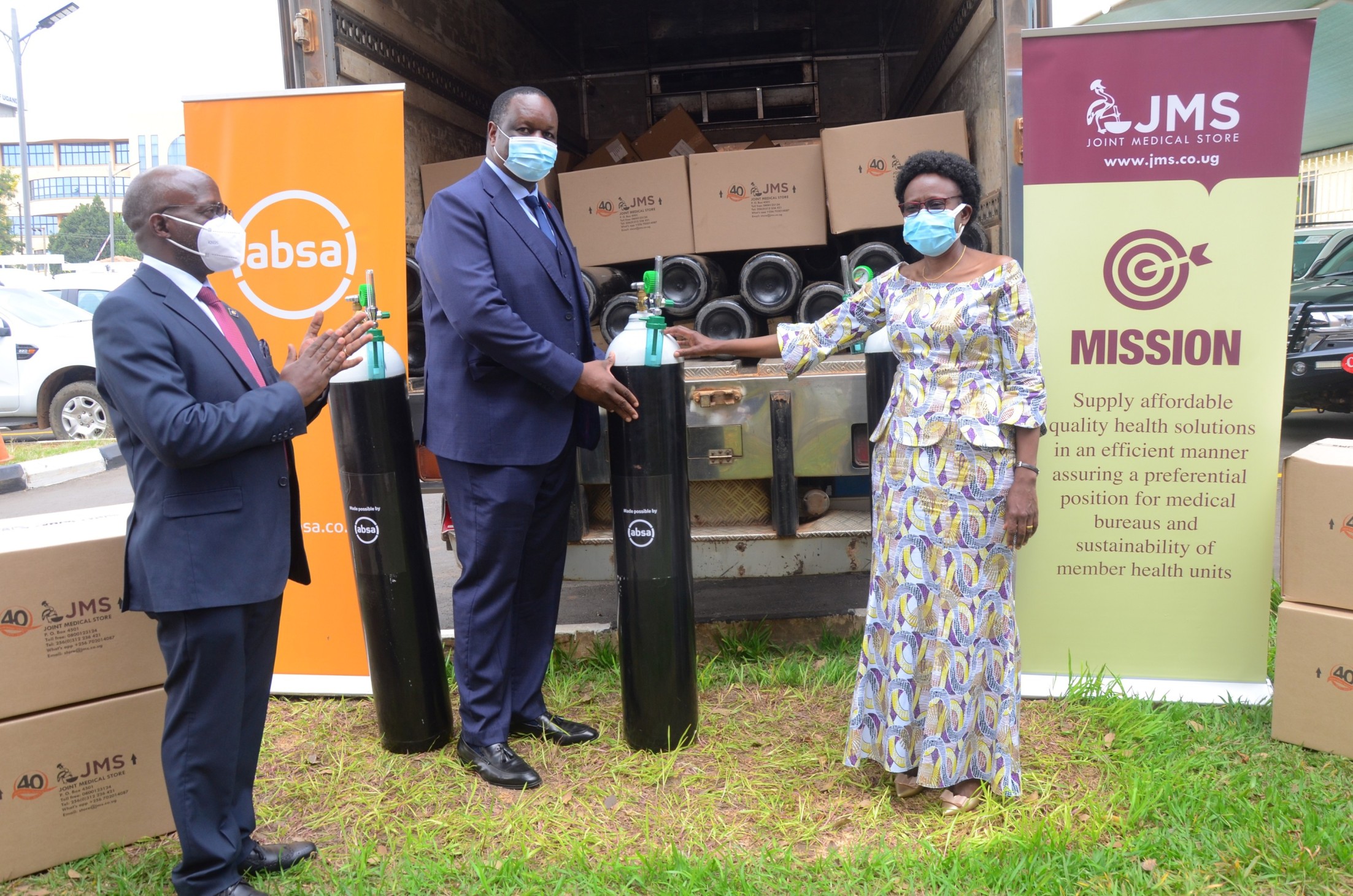The UN High Commissioner for Human Rights, Volker Türk, has officially closed the agency’s offices in Uganda and concluded all operations following the government’s decision not to extend their mandate.
On Saturday, August 5, 2023, the office in Kampala officially ceased its operations, as stated in a press release from the agency’s headquarters in Geneva. Türk expressed his regret, acknowledging the 18 years of collaboration with civil society and various stakeholders in Uganda, as well as engaging with State institutions to promote and protect the human rights of all Ugandans.
Prior to the Kampala office’s closure, sub-offices in Gulu and Moroto had already shut down on June 30 and July 31, 2023, respectively. As of March 2023, OHCHR Uganda employed 45 staff, including 36 nationals and 9 international members.
Established in Kampala in 2006 to address human rights concerns in conflict-affected areas of Northern and North-Eastern Uganda, OHCHR’s mandate was later expanded in 2009 to cover the entire country and all human rights issues.
In 2020, the government expanded the mandate of the OHCHR to establish a Regional Human Rights Training Centre in Uganda. The center is designed to provide training on the international human rights system to interested states in the region, as well as national human rights institutions and civil society organizations.
In February this year, the Ministry of Foreign Affairs announced that the government had decided not to renew the mandate of the OCHCR, which was due for expiry in March 2023. In a letter to the OCHCR head office, the Ministry stated that Uganda had developed the capacity to monitor, promote, and protect human rights without external support.
The decision to terminate the mandate of human rights offices drew strong opposition from human rights activists and civil society, who view it as a reflection of the government’s response to the increasing scrutiny over abuses such as torture, forced disappearances, abductions, detentions without trial, and re-arrests of persons legally released by the courts.
The agency had engaged in discussions with the government to urge a reconsideration of the decision to close its activities in Uganda. However, President Yoweri Kaguta Museveni, who first commented on the matter in a press conference during his state visit to South Africa in March, said that the organization was deemed superfluous as another entity already performed the same duties
The president pointed out that Uganda already has a constitutional body, the Uganda Human Rights Commission, responsible for protecting human rights and he believed that the existence of OHCHR had created confusion in Uganda, as people were not sure where to report their grievances.
UN rights boss, while announcing the closure of the agency after 18 years of operation, acknowledged the progress made in Uganda regarding human rights. However, he expressed concern about the persisting challenges that hinder the full enjoyment of human rights for all.
“Much progress has been made in the country over the years, but serious human rights challenges remain in the path to the full enjoyment of human rights for all,” the High Commissioner said.
He also expressed particular concern about the human rights situation in Uganda ahead of the 2026 elections, given the increasingly hostile environment in which human rights defenders, civil society actors, and journalists are operating. He noted that most of the 54 NGOs that were arbitrarily suspended in August 2021 remain closed.
The head of the UN agency expressed concerns that the amended Computer Misuse law may further erode free expression and also cautioned against a regression from Uganda’s obligations under international human rights treaties it has accepted thus urging the Government to guarantee the effective and independent functioning of the national human rights body, which serves as the primary entity responsible for overseeing human rights in Uganda.
“The Uganda Human Rights Commission, our long-standing partner in the protection and promotion of human rights in the country, is chronically under-funded and under-staffed, and reports of political interference in its mandate undermine its legitimacy, independence, and impartiality,” he said adding that; “I urge the Ugandan government to provide the Commission with adequate human, technical and financial resources so that it may more effectively execute its important mandate.”
Since March, the agency has been in the process of preparing to terminate its operations, and its staff has been concluding various planned activities. In May, they held a notable farewell event at Ndere Recreational Cultural Centre to bid farewell to their stakeholders, including various UN agencies, embassies, and human rights activists. The attendees gathered with mixed emotions.
During the event, OHCHR Acting Country Representative, Julien Attakla-Ayinon, expressed the hope that even after the closure of their office, the significance of human rights, related issues, and discussions will continue to be highlighted and remain at the forefront.
-URN





